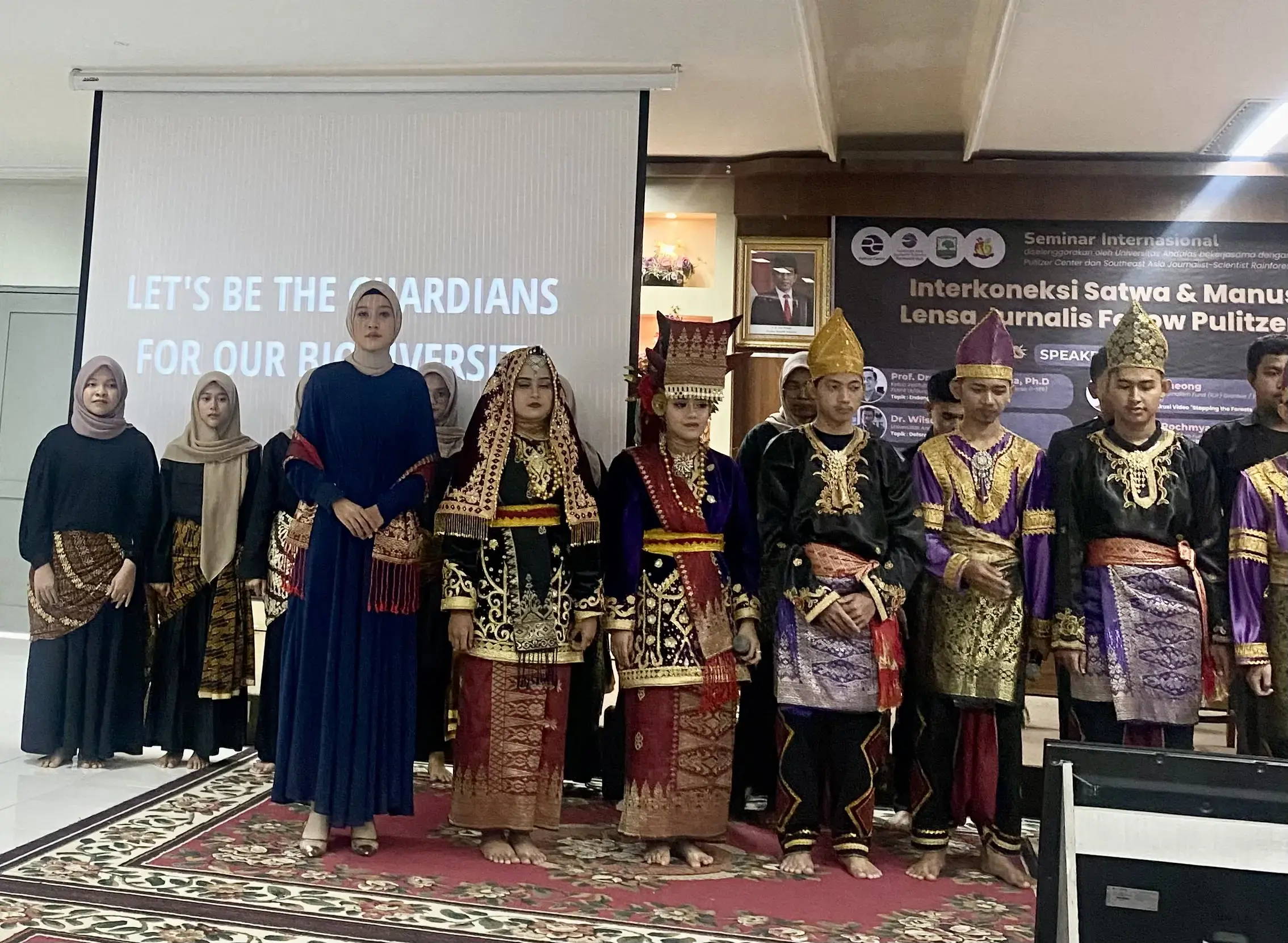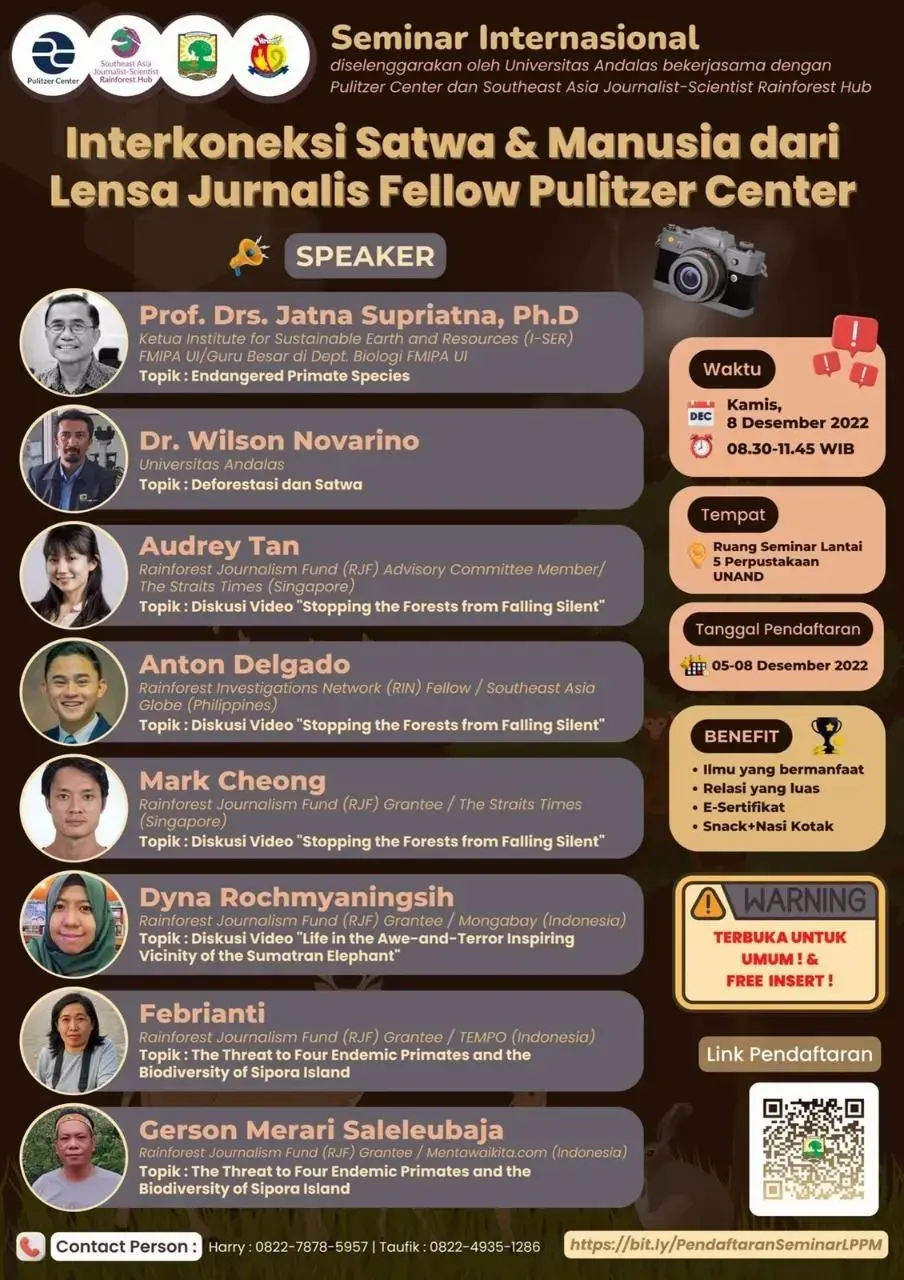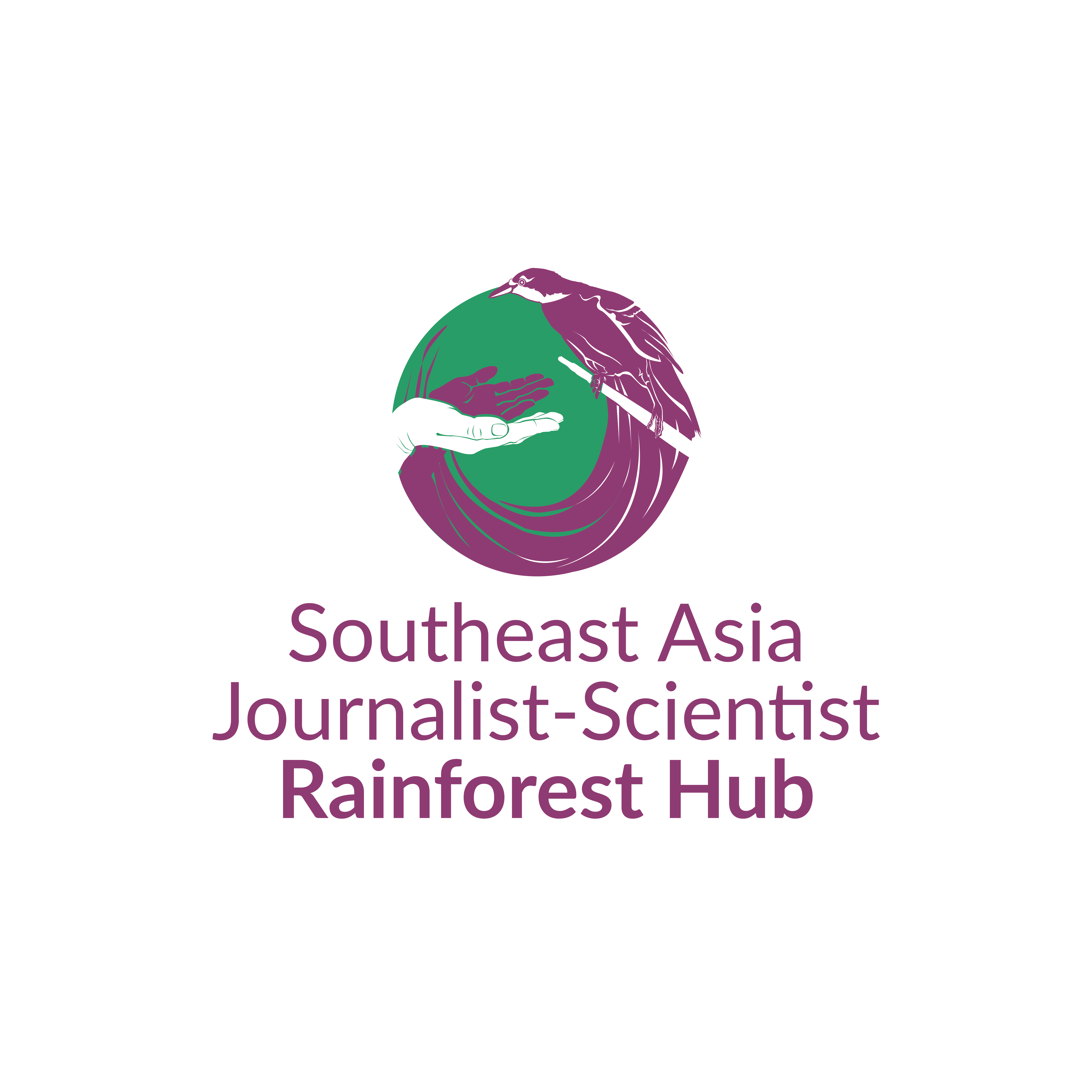Pulitzer Center Update December 19, 2022
Indonesian Academics, Journalists and Conservationists Encourage 350 University Students in Sumatra To Take an Active Role in Forest Protection
Country:
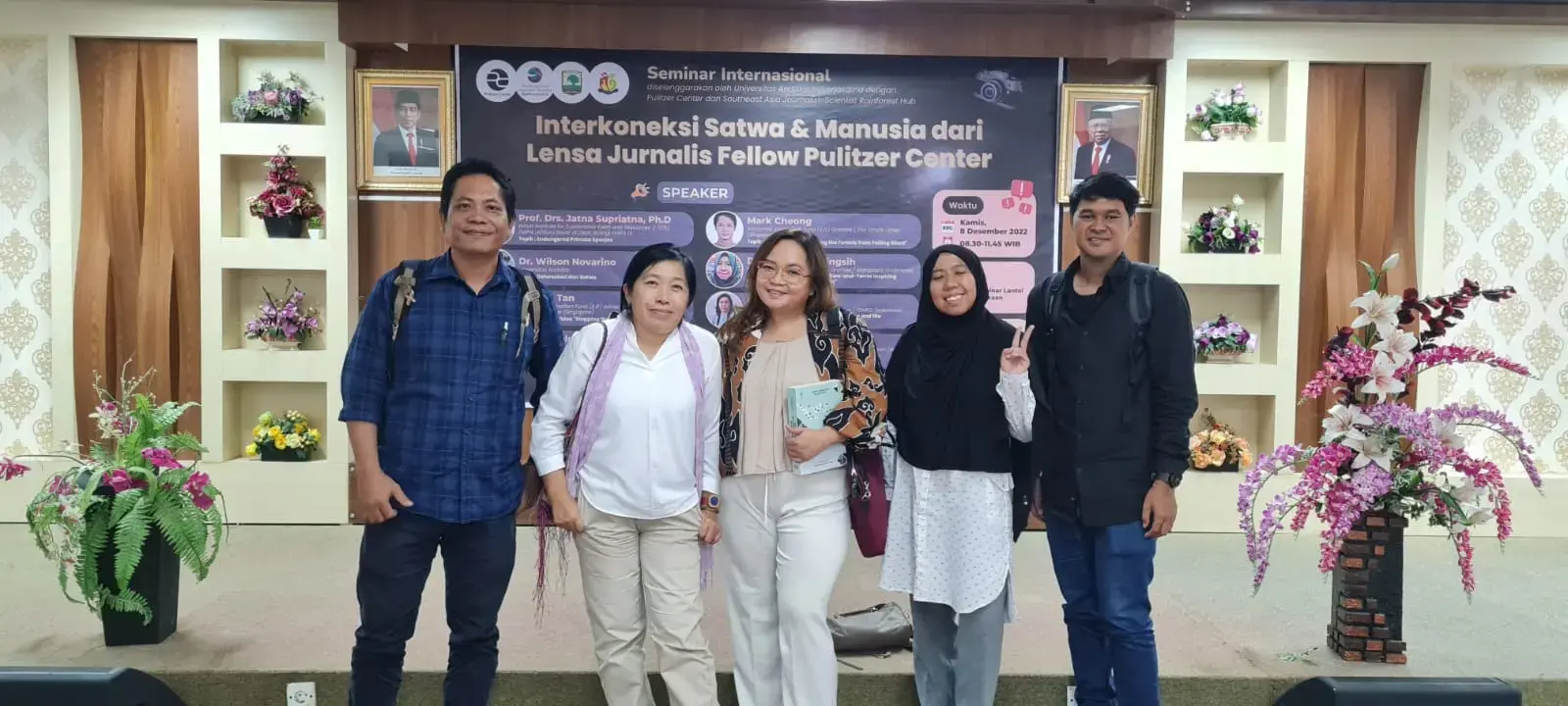
Sumatra, home to 400 wildlife species, has been under an ecological crisis due to massive deforestation. The Pulitzer Center, through the SEA Journalist – Scientist Rainforest Hub, held a dialogue to discuss the interconnection between wildlife, humans, and deforestation from the lens of Pulitzer Center’s Fellows and grantees on December 9, 2022. The dialogue was held in Universitas Andalas, West Sumatra. The stories by the Rainforest Journalism Fund’s grantees and Rainforest Investigation Network’s Fellows have awakened the public to the reality of nearly depleted endemic primates in Mentawai Island as well as the human and wildlife conflict—all due to the massive deforestation caused by palm oil.
Professor Jatna Supriatna, a prominent sustainable environmental management scientist in Indonesia, shared that deforestation in Sumatra was caused by palm oil plantations—a massive commodity to the Indonesian GDP. While this has contributed to the country’s economy, Sumatra has been experiencing trade-offs, including the forest ecosystem change and a loss of biodiversity. This syndrome of the empty forest would cause the loss of wildlife and ultimately hamper the forest's resilience and human health.
Dr. Wilson Novarino, head of the department of biology at Andalas University, shared that on top of the oil palm, mega projects such as the development of south–north highway have intensified ecological pressure, especially on endemic animals. Dr. Novarino shared his inputs that forest use should stay within the ecological capacity, assure that it’s not isolated from other supporting locations, and mitigate the possibilities of wildlife and human conflict.
This is reflected in Dyna Rochmyaningsih’s session about elephants and villagers in Leuser, West Aceh. Rochmyaningsih shared that because the Sumatran elephant had difficulties finding food in the forest, they ultimately came to eat the villagers’ crops. One night it was said that two elephants ate the equivalent of 400 kg of crops. This frequent occurrence has been devastating to villagers. Febrianti and Gerson, that have been focusing their work on Mentawai island, shared that endemic primates such as bilou and bokkoi are now rarely seen or heard on the island. Despite having a national park to serve as a conservation center on the island, some of the endemic primates are still not covered in the effort.
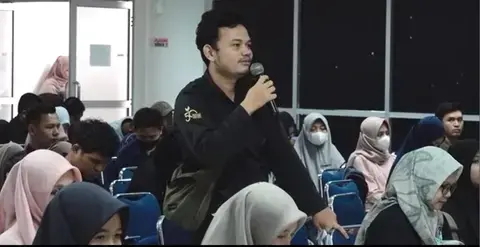
“What’s our government efforts to protect the Sumatran elephant and address the human–wildlife conflict?”
Ari, Universitas Andalas Alum
Pulitzer Center grantees from Singapore and Cambodia also held a dialogue about the wider context of human-wildlife interconnection. Audrey Tan, Anton Delgado, and Mark Cheong shared about the reality of exotic wildlife poaching in those countries. They all shared how important it is to distribute the stories to different media audiences and strategies to assure that the stories can reach as wide audience as possible. The video titled "Stopping Southeast Asia Forest from Falling Silent" triggered curiosity among university students about conservation efforts in other countries.
The discussion concluded the 2022 seminar series of SEA Journalists – Scientists Rainforest Hub. This forms part of the Pulitzer Center’s important mission of increasing critical thinking among teachers and students on the underreported issues of deforestation drivers. In the first year of its international expansion to Southeast Asia’s education community, the series built a strong foundation by engaging at least 1300 Indonesian university students. The Center will conduct more knowledge exchange activities in 2023.
After participating in the discussion, 93.5% of participants felt that deforestation and climate crisis are very important issues.
95% of participants agreed that having journalists in university discussions would help them better understand the climate crisis and deforestation.
“The discussion has created a space where we can learn directly from the journalists and scientists with on-ground experience. I also really love the videos which have illustrated clearly of the deforestation impact in our forest”
Novi Novrita, IAIN Kerinci
